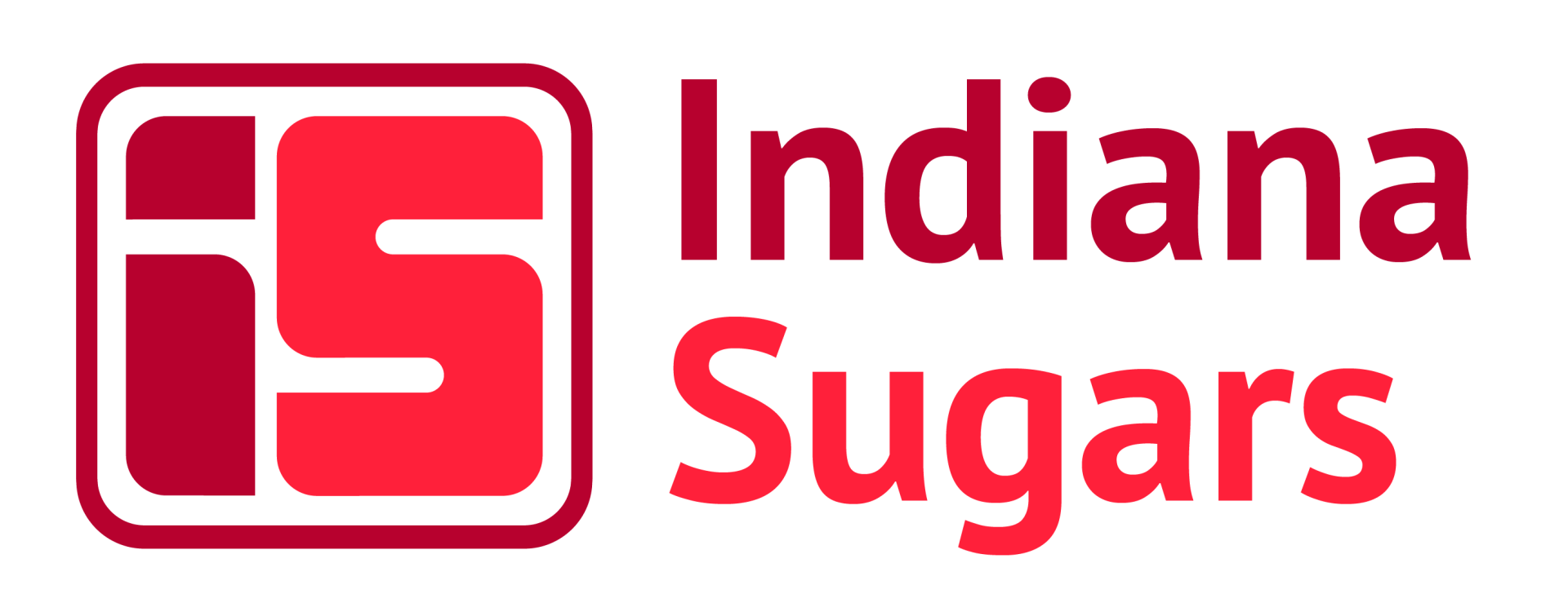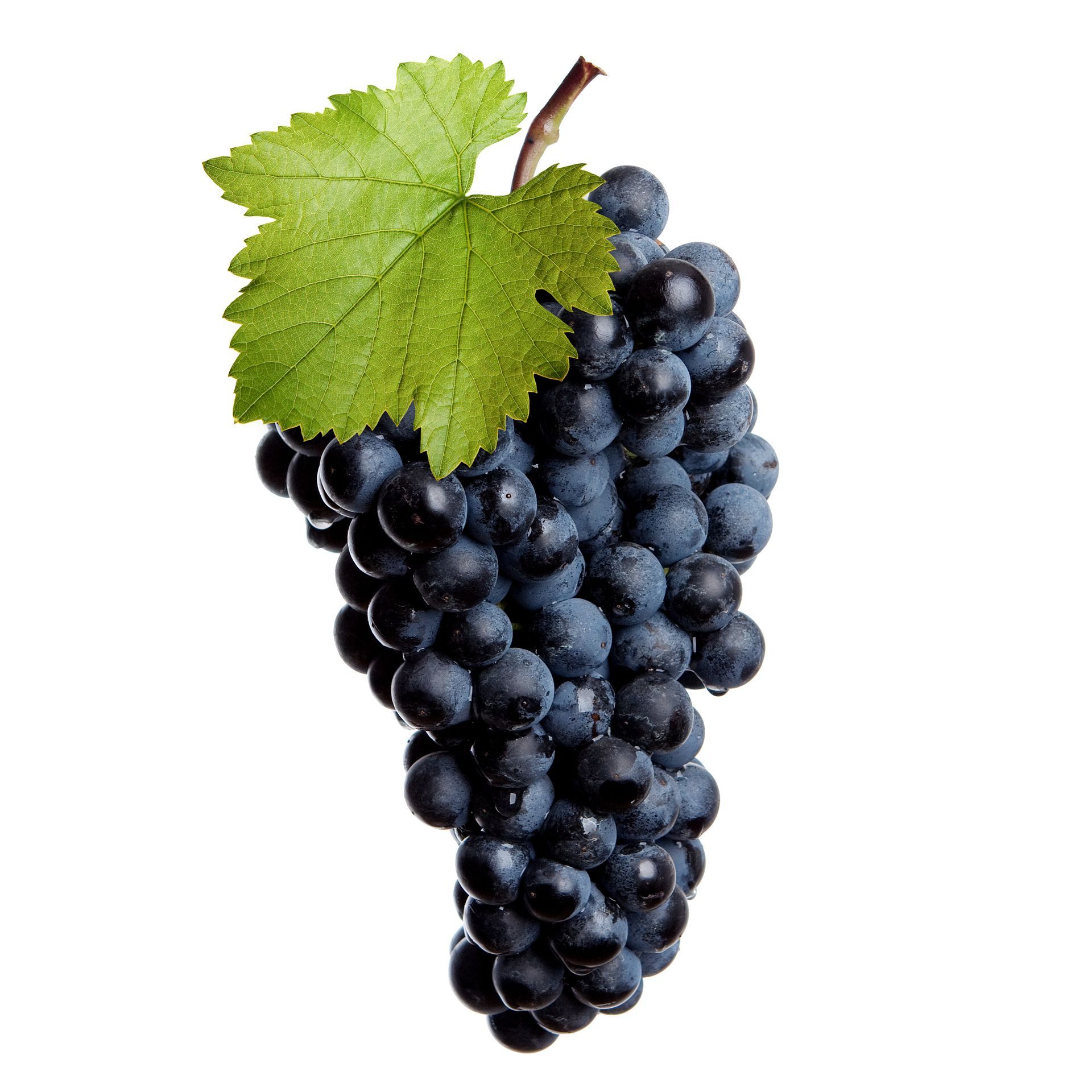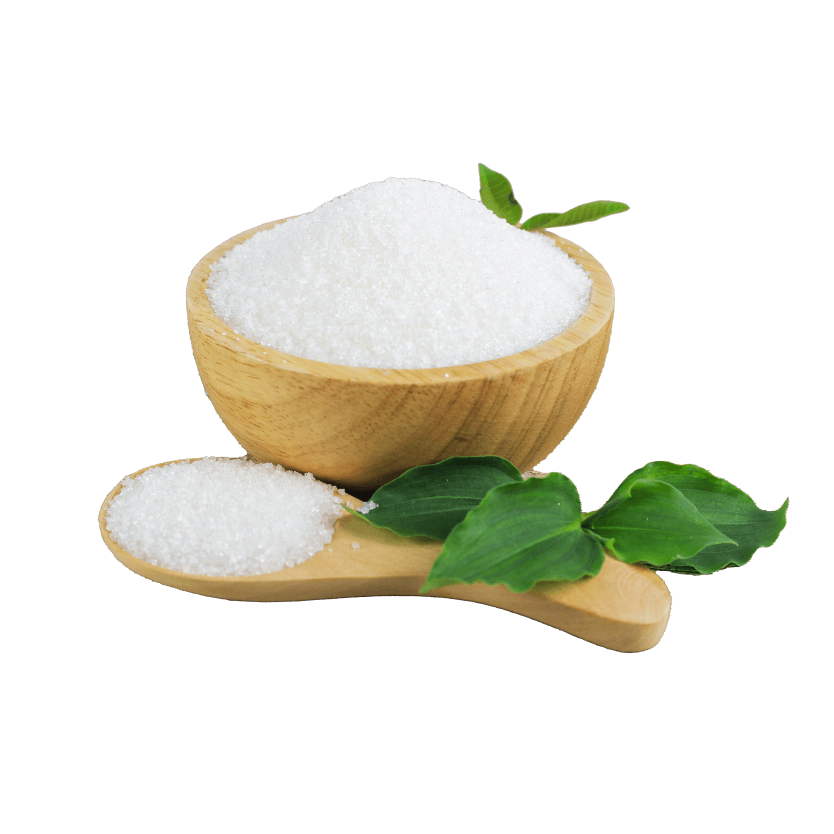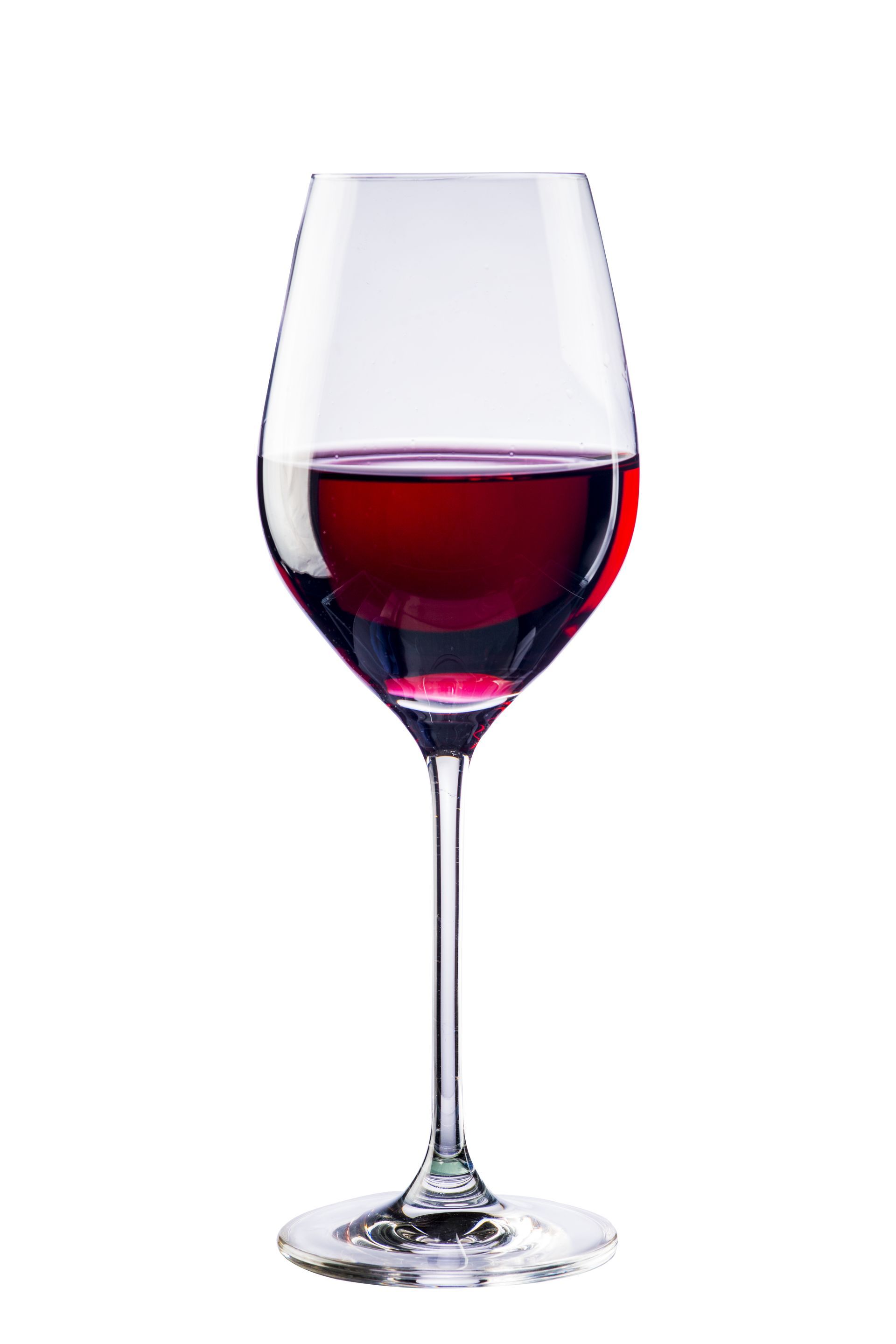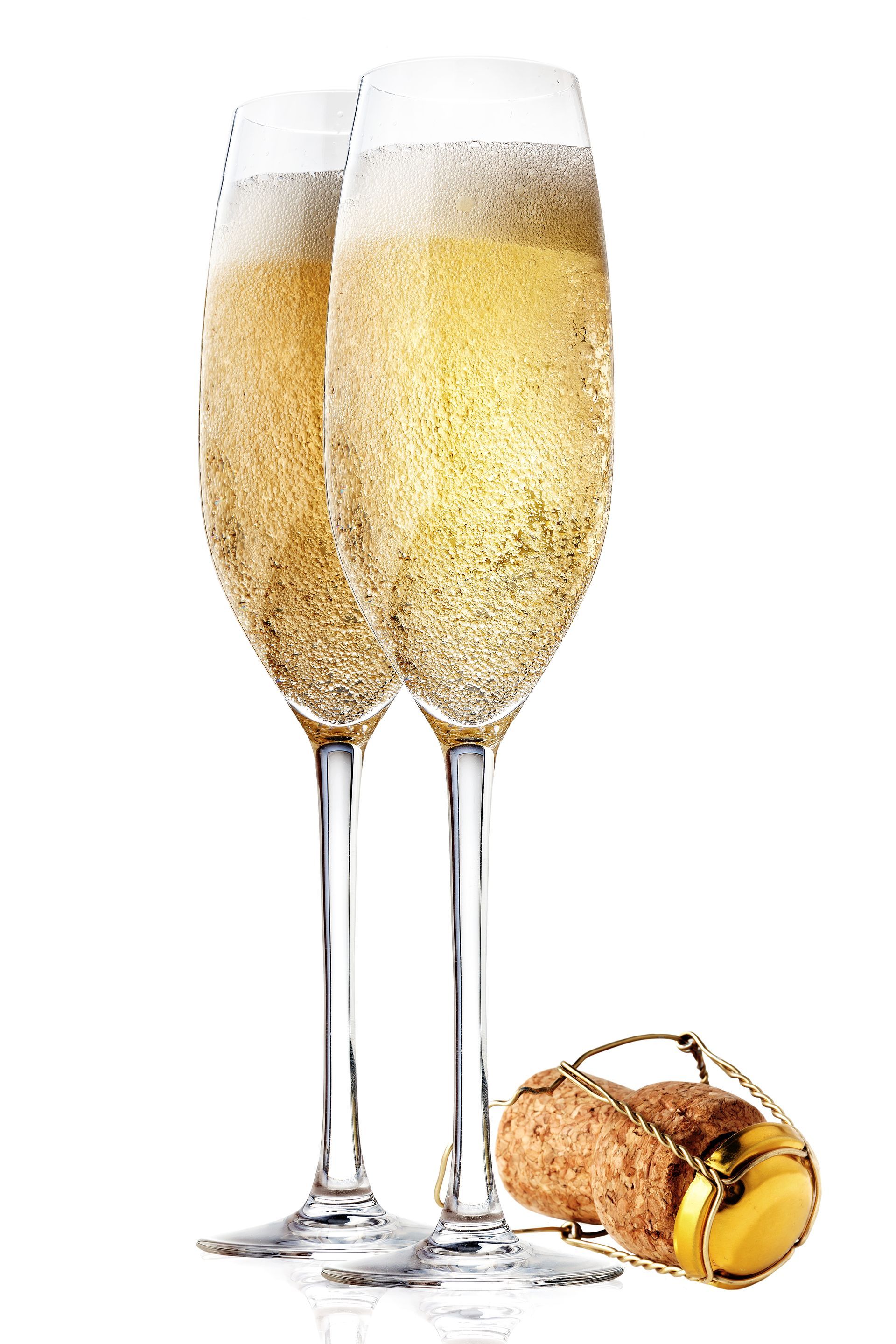Bulk Sugar For Wineries & Wine Makers
How is Sugar Used in Wine Making?
Since human taste buds are more susceptible to acidity and bitterness than sweetness, many wine drinkers may be blissfully unaware of the amount of sugar used in making wine. In fact, any alcoholic beverage you enjoy is made possible by the creation of ethyl alcohol resulting from a chemical reaction with sugar. In the case of wine, the sugar comes from grapes, where the amount of sugar yielded will depend on how ripe the grapes are. While many wines simply rely on the natural sugars from grapes alone, other winemakers find it necessary to add sugar to achieve the intended level of sweetness.
Drier wines use most or all of the sugars from the grapes to convert into alcohol, whereas sweeter wines will often use added sugars. Even with drier wines, added sugar can still be vital if the harvested grapes aren't as ripe as needed. Wines are even classified as medium sweetness with up to 40 grams of residual sugar per liter after fermentation. With this much sugar per bottle, winemakers certainly use a lot of sugar even when creating wines that aren't even classified as "sweet."
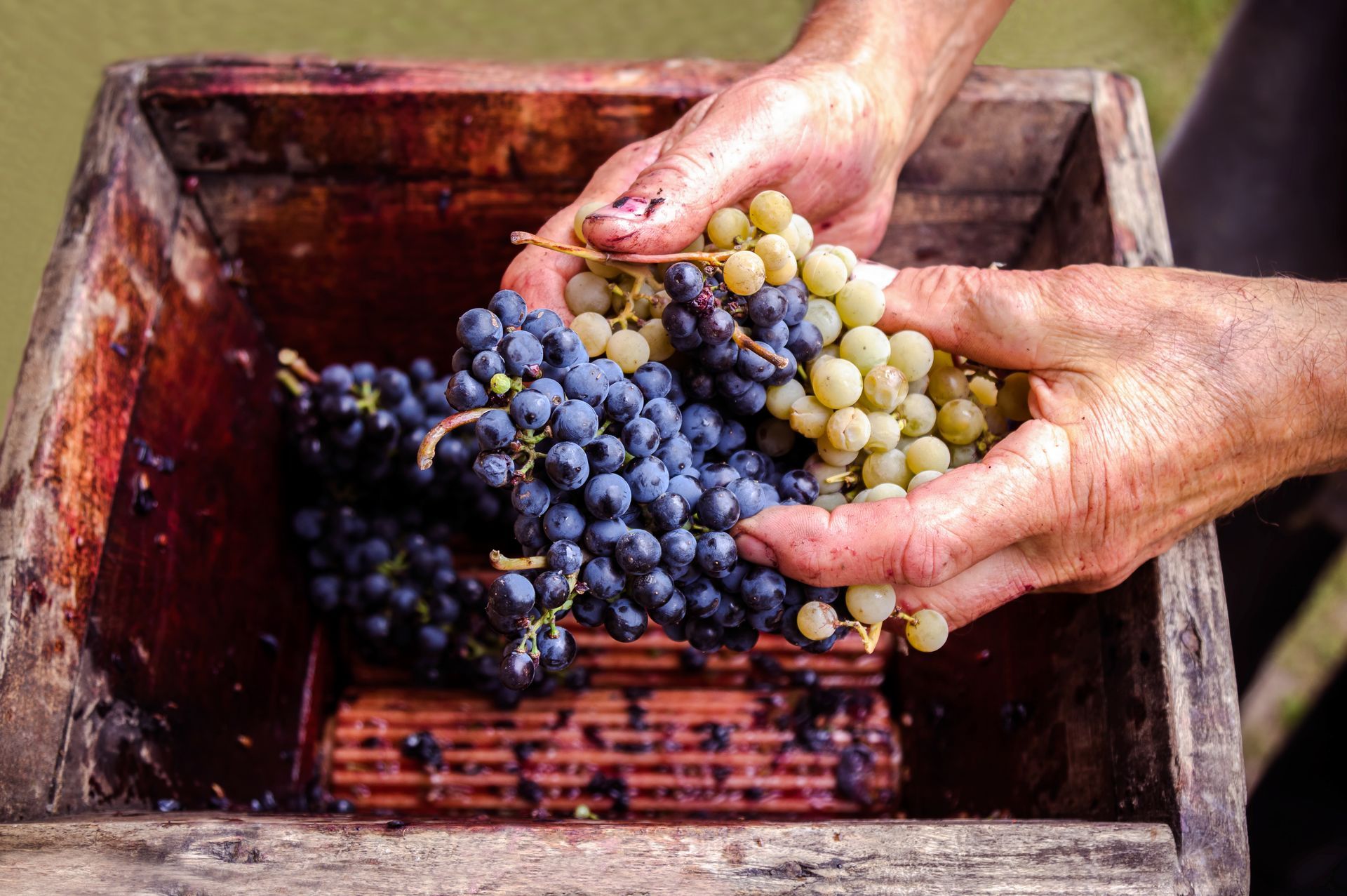
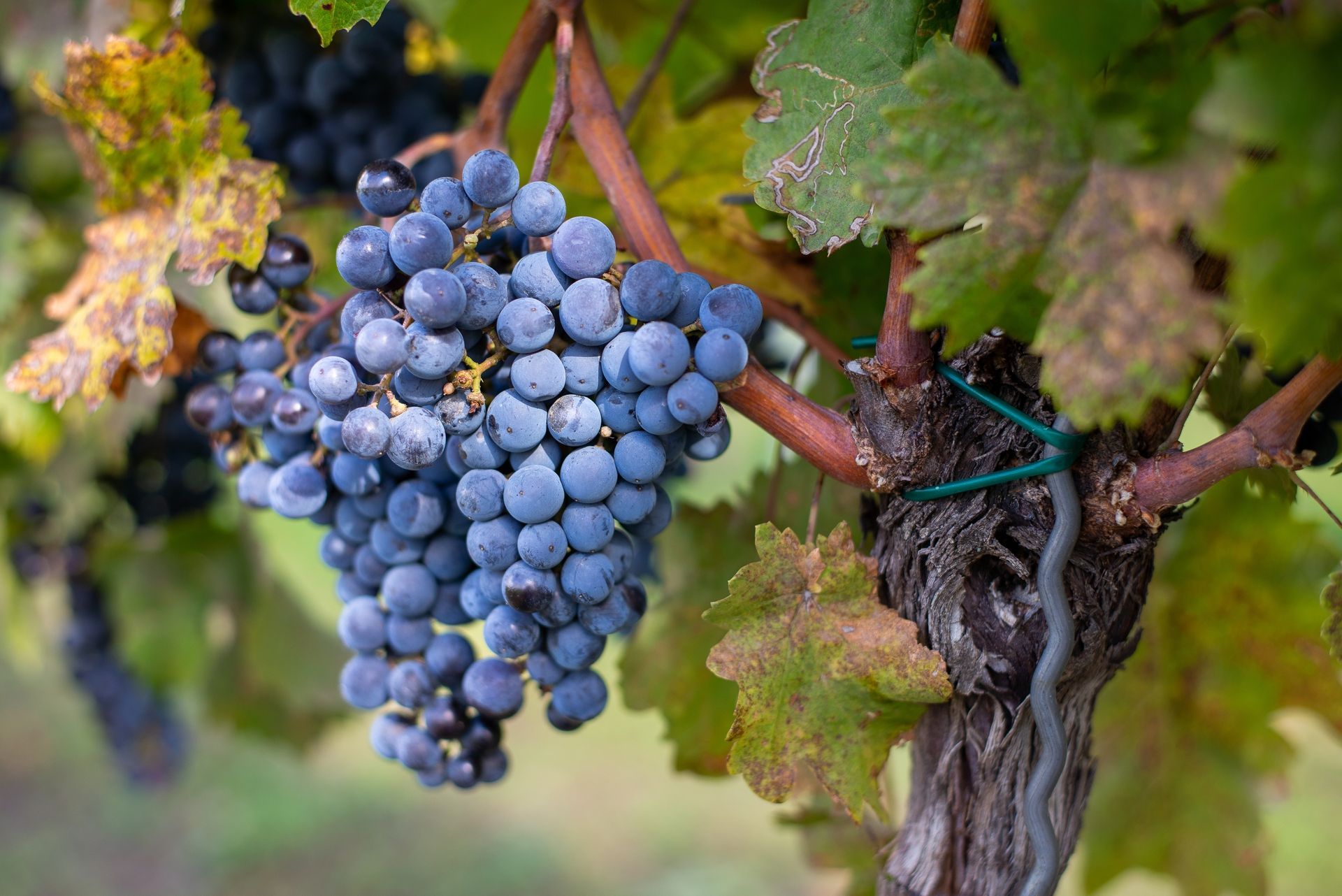
Why is Sugar Important in Fermentation?
The act of adding sugar to the juices from grapes is known as chaptalization, a process that has been practiced for centuries. With chaptalization, the additional sugars boost the alcohol content in the final product. This act is often practiced in colder regions where grapes might not be ripe enough for fermentation. This additional sugar aids the fermentation process for a more complete bottle of wine. A common perception is that sweet wine is bad wine, but this isn't the case. As winemakers know, many varieties can be either dry or sweet, such as rieslings, where there are plenty of phenomenal products out there with added sweetness.
Sugar isn't only important to the process of
fermentation, but essential. Without sugar, you wouldn't be able to enjoy any
spirits or alcoholic beverages you enjoy. This is because sugar is the critical ingredient needed to act as a catalyst for the reaction needed to make ethyl alcohol, along with yeast. When you put yeast and sugar together, the microorganisms found in yeast start to break down sugar molecules, leaving behind alcohol and carbon dioxide. Oxygen isn't even needed for fermentation, since the air molecules present in sugar are all that is needed to begin the process. The yeast essentially feeds on the sugar, giving it the energy it needs to release the byproducts. There is no set limit to how much sugar you can use for this reaction, so winemakers can control how sweet they want the final result to be by adding as much sugar to the fermentation process as desired.
Popular Sugars Used in Wine Making
Residual sugar (RS)
Made up of leftover natural sugars (glucose and fructose) from the fermentation process in grapes.
Distillers' Grade Invert Sugar
This product is used primarily in the beverage industry for clear beverage or alcoholic products.
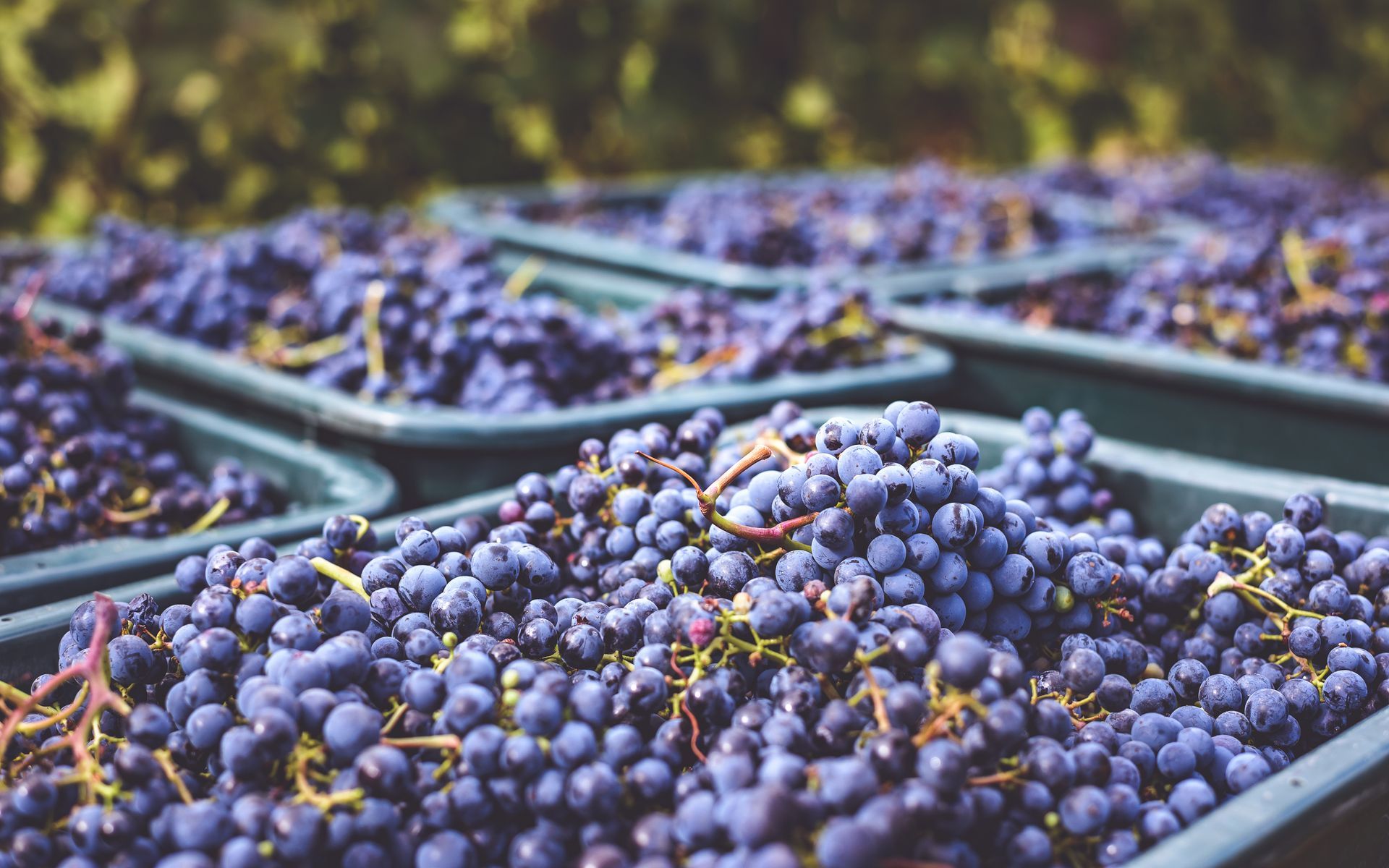
You will likely see the term residual sugar (sometimes abbreviated as RS) used when talking about sugars found in wine. This refers to the leftover sugar from the fermentation process that solely comes from natural sugars found in grapes. These sugars are glucose and fructose, two monosaccharides, or simple sugars. Most commonly,
granulated sugar is used when wines need added sugar since it doesn't need to be broken down first like complex sugars. Virtually any type of sugar can be used by winemakers who want to experiment with different textures and sweetness levels. This includes brown sugar, molasses, honey, syrups, and more! Some will even use additional natural sugars from fruits, already processed fruit sugars, or even raisins to maintain the grape taste! Essentially, the chemical component of sugar is what matters most. The taste can be experimented with to your heart's desire!
Disaccharides or complex sugars like sucrose may be used as well, but it is slightly less common because it needs to be broken down into simple sugars, fructose, and glucose. However, the fermentation process naturally takes care of this, leaving complex sugars just as viable an option as simple sugars. Moreover, sugars like inverted sugar are popular choices amongst beverage makers since they are already in liquid form, and several times sweeter than other sugars or sweeteners. Invert sugar, especially specifically made distillery-grade invert sugar manufactured by Indiana Sugars is extremely high quality, easy to dissolve, and demands less product due to its higher level of sweetness. Sucrose products are essential to encourage secondary fermentation, which is popular for sparkling wines like champagne.
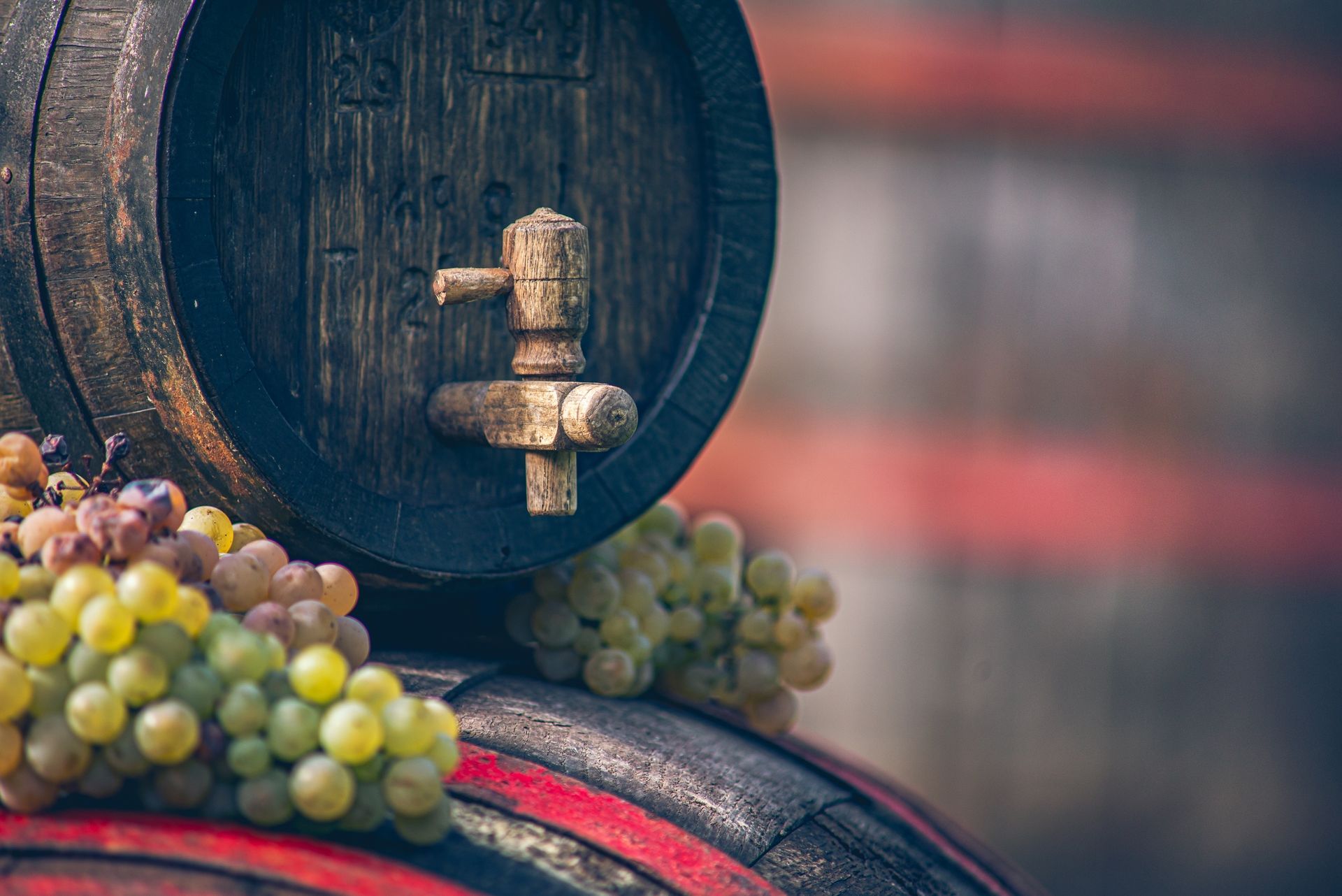
Why Choose Indiana Sugar Sweeteners?
High Quality Products
Sugar and candy making go hand in hand, so you will need the highest quality products around.
For an easy way to stand out against the crowd, using the best ingredients all tested before purchase will give you the upper hand!
Savings
Sugar not only makes candy making more accessible for its delicious taste, but it also helps lower the cost of production, passing the savings along to the customers.
We want to pass the savings on to the confectioners. You'll need sugar, and we offer our products in bulk, so you experience savings and convenience.
Timely Shipments
Sugar for candy making is vital. We can reliably get you your shipments when you need them from one of our warehouses across the country.
When you call, we'll be ready. You'll never have to worry about waiting on us.
What To Look For in a Bulk Sugar Supplier
When sugar is essential, we should be too. We at Indiana Sugars understand the importance of sugar in all different kinds of industries, and we've worked with them all. Whether you're a small winemaker or are highly in demand, we want to work with you. After a century in the business, you know you will be working with the best premier sugar supplier in the country. When it comes to bulk sugar for wineries & winemakers, we excel at providing the highest quality ingredients in various bulk sizes to meet your unique needs. Sugar has a long shelf life, so our bulk shipments are built to last. With us, you'll never have to worry about running short on your supply of such a crucial ingredient. You can count on us for timely shipments from our five different warehouses across the country. This means we can guarantee 24-hour shipments within a 300-mile radius of any of our locations. We have worked with businesses in the food and beverage industry for so long, we can likely anticipate your needs before you do!
What makes us stand out is our superior customer service. If you have any questions about what type of product will be best for you, we will work with you. That's what makes us partners. You can start by browsing our sugar and sweetener products and reviewing
commonly asked questions. Ready to get going? Contact us today to get started on your first shipment!
Contact Us
We operate in an industry built on trust and our sugar company’s DNA was built on trust over 99 years ago. This trust can only be achieved through communication and experiences support – from the first contact.
